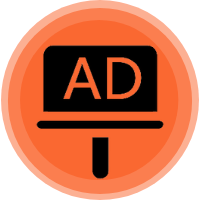
SEO - search engine optimization
Search engine optimization (SEO) is the art and science of getting pages to rank higher in search engines such as Google. Because search is one of the main ways in which people discover content online, ranking higher in search engines can lead to an increase in traffic to a website.
In Google and other search engines, the results page often features paid ads at the top of the page, followed by the regular results or what search marketers call the “organic search results”.
A search engine is a software system that is designed to carry out web searches. They search the World Wide Web in a systematic way for particular information specified in a textual web search query.
Search Engine Result Pages (SERPs) are the webpages that search engines display after a searcher inputs a question or query into their platform.
1. White-Hat SEO
2. Black-Hat SEO
3. Grey-Hat SEO
4. Negative SEO
5. On-Page SEO
6. Technical SEO
7. Off-Page SEO
1. Upgrade Existing Content
2. Build Out Topic Clusters
3. Run a Content Audit and Remove Underperforming Content
4. Find and Fix Keyword Cannibalization Issues
5. Master Internal Linking
6. Optimize For Featured Snippets
7. Fix Linked 404s
8. Steal Links that Point to Competitor’s 404s
9. Use FAQ Schema To Expand Your SERP Real Estate
10. Analyze Your Log Files
In terms of search engines, a keyword is any search term entered on Google (or another search engine) that has a results page where websites are listed. Keywords are search terms that a website owner or SEO professional will use to optimize a website in the hopes of ranking at the top of Google’s results for specific keywords.
1. Short-tail keyword
2. Long-tail keyword
3. Short-term fresh keyword
4. Long-term evergreen keyword
5. Product defining keyword
6. Customer defining keyword
7. Geo-targeting keyword
8. L.S.I keywords
Keyword research is the process of finding and analyzing search terms that people enter into search engines with the goal of using that data for a specific purpose, often for search engine optimization (SEO) or general marketing.
OUR PROGRAM
Digital Marketing Courses
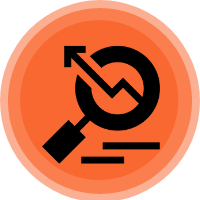
SEO
( Search Engine Optimization):-In Search Engine Optimization the traffic(audience) is diverted to your website by SEO techniques
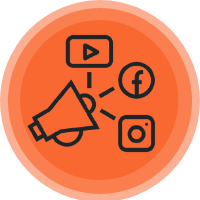
SMM
( Social Media Marketing):- In this the promotion is done through the social media platforms like; Facebook, Instagram, etc
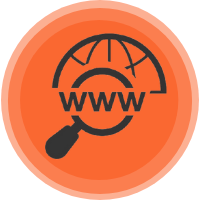
SEM
(Search Engine Marketing):- It is a form of internet marketing in which the traffic is generated to increase the visibility of website on SERP(Search Engine Result Page)

Mobile Marketing
It is about to promote ads on mobile devices and about placement of ads on mobile devices. It is a target based marketing.

Content Marketing
In this you will learn about how to create a good content and its techniques.
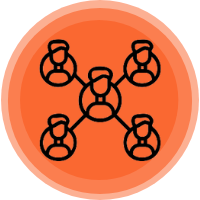
Affiliate Marketing
It is a procedure in which a person a brings another person on a, e-commerce website(like Amazon, Flipkart etc.) through his/her provided affiliate link.

E Commerce
E Commerce is a plan of action that empowers a firm or individual to direct business over the web

Advance Google Adwords
For Get more calls to your business, visits to your website, or customers to your store. Use Google Ads

Advance Google Analytics
Google Analytics gives you the tools you need to better understand your customers
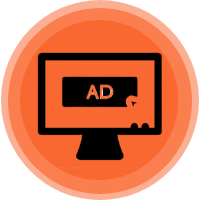
Online Display Advertising
Online Display Advertising is a form of advertising that conveys a commercial message visually using text, logos, animations, videos, photographs
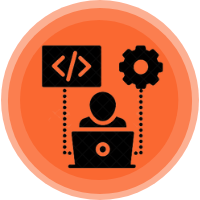
Website Designing
Website architecture incorporates a wide range of abilities and disciplines in the creation and support of sites

Graphic Designing
Visual computerization is an art where experts make visual substance to convey messages

Blogging
A blog is a conversation or enlightening site distributed on the World Wide Web comprising of discrete, frequently casual journal style text sections.
STUDENT’s TESTIMONIALS








